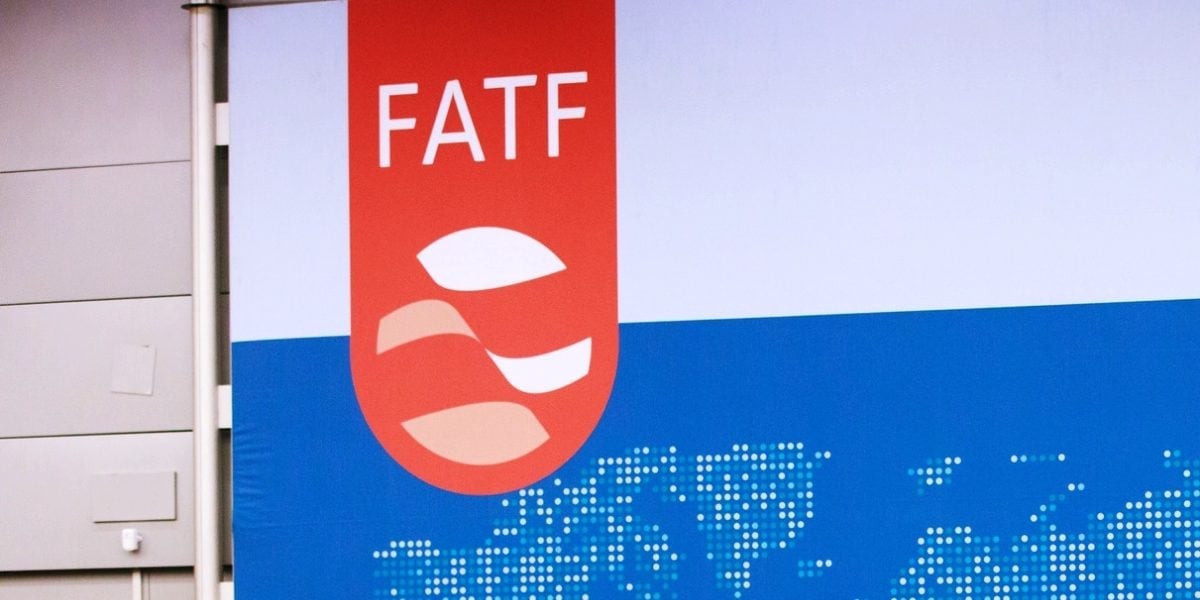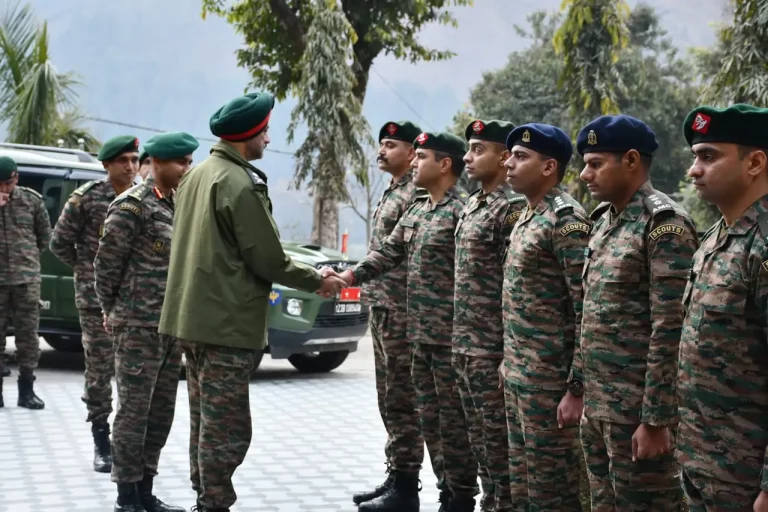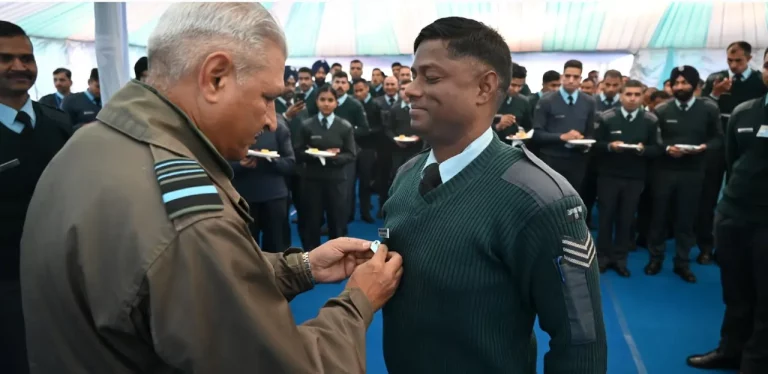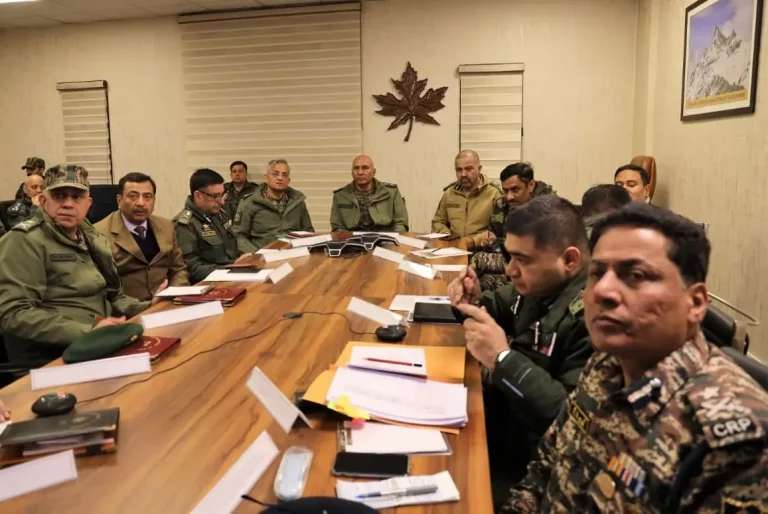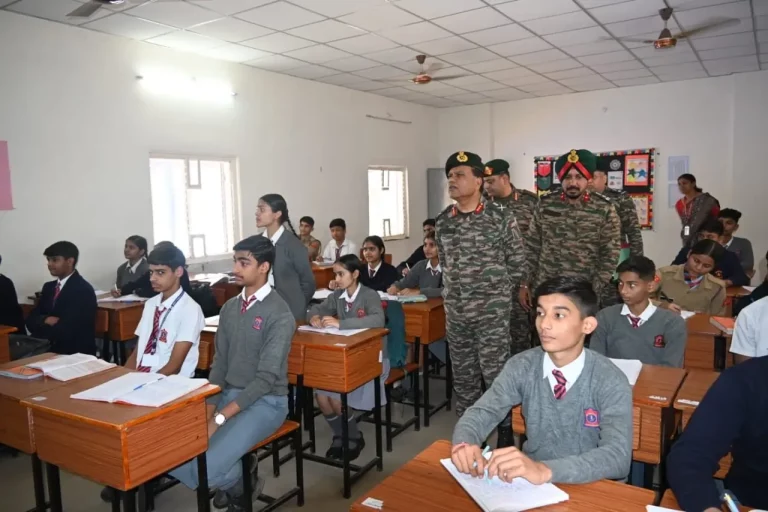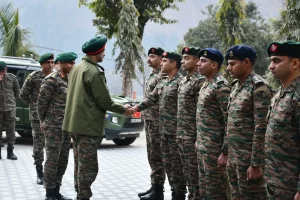The Financial Action Task Force (FATF), a prominent international authority focused on combating money laundering and terrorist financing, has issued a strong condemnation of the recent terror attack that occurred on April 22 in Pahalgam, Jammu and Kashmir. The FATF highlighted the pivotal role financial networks play in enabling acts of violence, stressing that such attacks are not possible without funding and mechanisms to transfer money among supporters of terrorism.
In its official statement, the FATF remarked, “The attack could not occur without money and the means to move funds between terrorist supporters.” This condemnation is only the third of its kind from the FATF in the past decade, underscoring a heightened global concern over the financial infrastructures that support extremist organizations.
Sources indicate that the FATF is set to unveil a significant report next month, which will, for the first time, categorize “state-sponsored terrorism” as a unique and severe source of terror financing. This represents a notable shift in the global narrative surrounding counterterrorism efforts and aligns with long-standing claims made by Indian authorities regarding Pakistan’s alleged involvement in sponsoring cross-border terrorism.
The forthcoming report will provide an in-depth analysis of the risks associated with terrorist financing, along with a new toolkit designed to help countries assess and identify risks in different contexts. Indian officials have previously submitted a dossier urging the FATF to reinstate Pakistan on its ‘grey list’ due to ongoing financial and operational support for terror groups.
Reiterating its stance, the FATF stated, “This, and other recent attacks, could not occur without money and the means to move funds. The international community feels the severity of the attack and emphasizes that such actions will not go unpunished.”
India is one of the few nations whose National Risk Assessment specifically identifies state-sponsored terrorism as a critical threat. The FATF’s acknowledgment of this risk is anticipated to strengthen India’s diplomatic initiatives aimed at isolating nations that support terrorism and enhancing global mechanisms designed to disrupt financial support for terrorist activities.
In addition, the FATF has announced plans to host a webinar in the coming weeks, aimed at equipping stakeholders from both the public and private sectors with tools and insights to navigate the evolving landscape of terrorist financing and develop effective policy responses.
